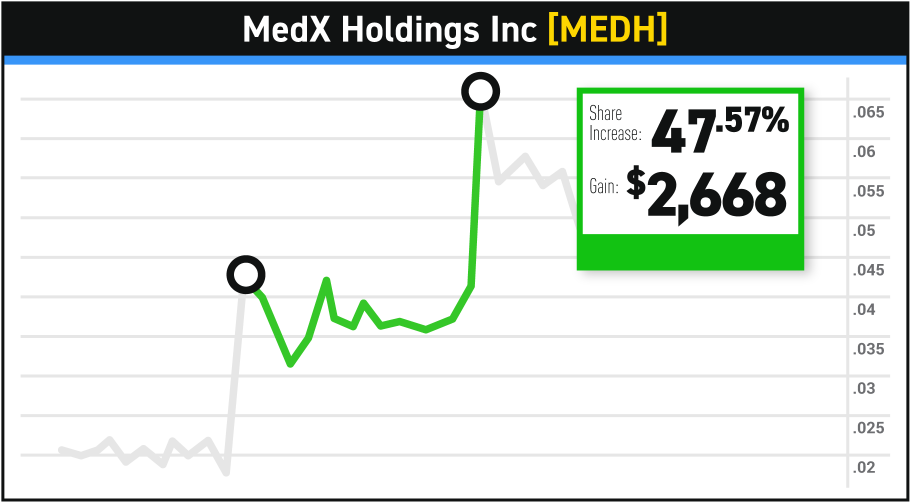Bryce here.
I say “process over profits” all the time for a reason…
We all want to make money trading. But it’s a consistent, reliable process that gets us there.
Anyone can stumble into the right market and get lucky. A lot of traders made money in 2020 and 2021 merely because of opportunity.
But an unpredictable market — like the one we’re in now — tests a trader’s stamina…
I won’t act like I know exactly how to handle this market. But thanks to all the journaling I’ve done over the years, I know exactly what I’m looking for on a day-to-day basis.
Today, I want to explain how I journaled in my earlier trading days and how it helps me today. Now, here’s how you can put your trading journal to good use…
Track Every Single Trade
Some traders do a great job of watching others trade — or watching charts move — to gain an understanding of how everything works.
For me to fully grasp trading, I needed to put my money on the line and actually place trades.
I traded super small size in the beginning … But I needed to put myself in the action and see the process play out.
From there, I’d document my trades.
This is a powerful exercise. It helps you keep track of what works and what doesn’t. You don’t have to try to remember anything…
You have a running log that you can go back to at any time.
Your memory isn’t reliable. It’s easy to forget small details that could be the difference between winning and losing a trade.
If you ever have a question about trades you’ve made in the past, there’s no guesswork involved. It’s all sitting there, waiting for you to access it once again.
I still review trades to this day. But in my formative trading years, when I was learning so much, I needed to take journaling ultra-serious and document anything I possibly could.
Review Entry/Exit Positions
Timing trades well is HARD…
You’ll never get it 100% correct. It’s nearly impossible to buy at the bottom and sell at the top.
But you want to get as close as you can. And working on your exits and entries is the best way of doing that.
How can you work on it? Journal!
Jot down your entry and exit of each trade. Now, go back and review the chart…
Did you sell way too soon because you were scared that profits would slip away?
Or did you hold too long because you got greedy and hoped to ride the wave higher?
It’s easy to make these mistakes, especially in the beginning. And this is why journaling is so effective.
Instead of moving forward confused about why the process isn’t working, you have your log of trades available for review.
It’s also smart to note why you thought the trade would work out, why you entered where you did, and why you exited where you did.
Now you can look back on both your trades AND your psychology. You don’t want just one or the other to find success in trading. You need them both to be in lockstep.
Identify Your Best Setups
It took months, even YEARS, of practice for veteran traders like Tim Grittani and Tim Sykes to nail down their top setups. Their success didn’t happen overnight…
And they’re both huge proponents of journaling, too. I think that’s why they can find trades in any market.
I haven’t branched out as much as them. That’s why my trading has slowed down recently … It’s tougher to find the setups I like.
I am able to find them, though, and it’s because I’ve become so comfortable with them over the years.
To find this comfort level with my setups, I had to do a lot of journaling…
What works for me may not work for you, and vice versa. It takes practice in the market and documenting your practice to build a process that you can utilize for years to come.
Conclusion
It doesn’t take long to realize just how much work goes into becoming a successful trader…
That work is often grueling, so find a way to make it as fun and engaging as possible. This is a competitive space and a lot of people want to be winners.
Only a small portion will actually stay in the game…
If you want to be one of them, journaling and reviewing your trades are great first steps toward that big goal of building a consistent, reliable trading process.

